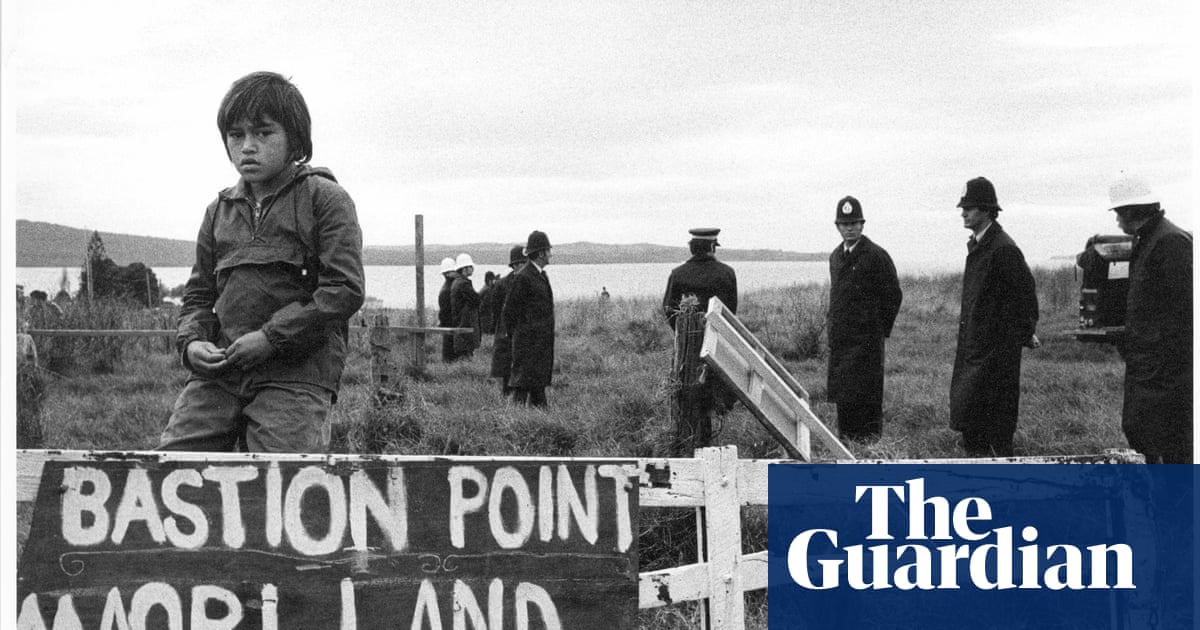
"Huirangi Waikerepuru's bold claim sought Maori language parity with English, challenging systemic marginalization ingrained in government policies and sparking a critical dialogue on Indigenous rights."
"Over the years, the Waitangi Tribunal has become a vital platform for addressing Maori grievances, with Waikerepuru's case illustrating its potential to effect meaningful policy changes."
In the 1980s, Huirangi Waikerepuru leveraged funds from New Zealand's department of Maori affairs to challenge the government regarding the marginalization of the Maori language. Through the Waitangi Tribunal, established to address Maori grievances, he sought to elevate the Maori language to equal status with English. The hearings revealed deep systemic issues, as testimonies highlighted the cultural harms inflicted by educational policies. This pivotal claim spurred government action towards language revitalization and reflects the tribunal's crucial role in Indigenous rights advocacy, which is now under review amid contemporary political shifts.
Read at www.theguardian.com
Unable to calculate read time
Collection
[
|
...
]